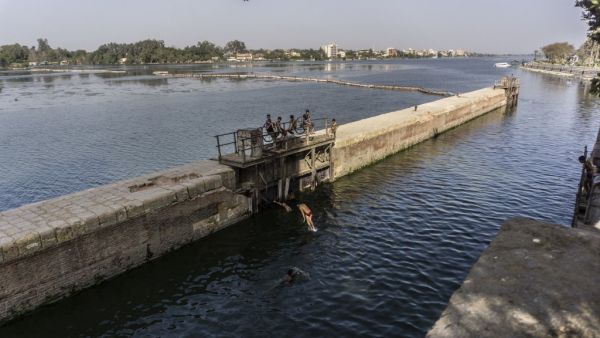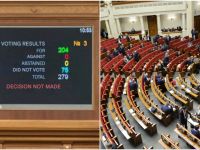Egypt has outlined four plans to mitigate the effects of the second filling of the Grand Ethiopian Renaissance Dam (GERD) on the country’s irrigation system.
Mohammed Ghanem, spokesperson for the Ministry of Water Resources and Irrigation, said that the ministry wants to ensure a strong water system under all possible scenarios.
“We have four major plans to mitigate the effects of any potential crisis,” he said in a statement.
Egypt, Sudan Warn Ethiopia against Second Filling of #GERD https://t.co/4psSGUBBHY
— Asharq Al-Awsat English (@aawsat_eng) April 6, 2021
Ghanem said that the ministry has begun upgrading and lining over 8,200 km of irrigation canals at an overall cost of EGP18 billion ($1.1 billion) to reduce water waste.
The second plan is the maintenance and construction of 92 water pumping and lifting stations, which operate with high efficiency, especially during peak demand.
The spokesperson said that the third plan is to inaugurate the Al-Mahsama wastewater treatment plant in Ismailia to drain 1 million cubic meters daily, and the Bahr Al-Baqar wastewater treatment plant, which treats 5 million cubic meters daily.
Bahr Al-Baqar is the largest treatment plant in the world. The inauguration of a Hammam wastewater treatment plant to serve new delta projects is also part of the third plan.
Ghanem said that the fourth plan is to encourage farmers to use modern irrigation methods in desert areas.
Agriculture consumes the largest proportion of the Nile water, he said.
Ethiopia, Sudan and Egypt have resumed talks mediated by the African Union to resolve the Nile dam dispute before Ethiopia starts its second filling. pic.twitter.com/ok3LvNwRDq
— Al Jazeera English (@AJEnglish) April 5, 2021
The spokesman said that Cairo opposes the second filling of the dam, which will negatively affect both Egypt and Sudan.
Ghanem said Ethiopia did not generate energy last year, and will probably not generate energy this year, but seeks to impose a “fait accompli policy,” which is rejected by Cairo.
This article has been adapted from its original source.










